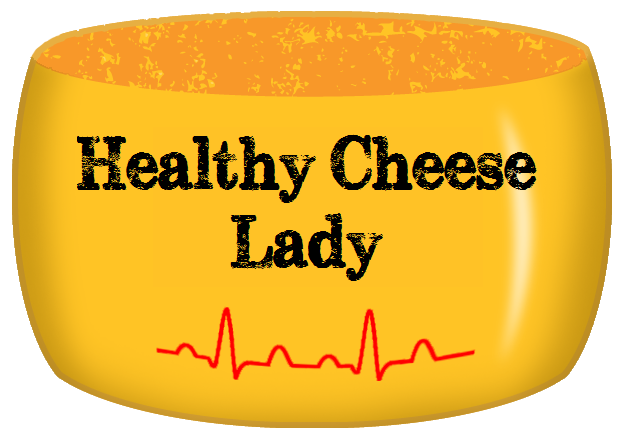TITLE:
Vitamin K2 Rich Food Products
AUTHORS:
Yasin, Butt, Zeb
LINK:
TABLE 7
TABLE 8
AUTHOR’S COMMENTS: Positive correlation was found in propionate concentration and viable propionibacterial cell count which is contributed toward the production of MK‐9 in cheeses [59]. Earlier, different reports showed that components of menaquinones are varied among the types of cheeses. In this context, menaquinones concentration is better in Edam‐type cheeses than Emmental‐type cheesesȬspecific bacterial activity [53]. Starter culture has prime importance during the preparation of cheese with higher amount of menaquinones. Commonly, Swiss‐type cheeses are prepared with propionibacteria and lactic acid bacteria, while Edam‐type cheese are produced with the action of lactic acid bacteria only such as Lc. lactis ssp. Cremoris and Lactococcus lactis ssp. Lactis which are mainly responsible for the synthesis of MK‐8 and MK‐9 [60]. Moreover, Propionibacterium freudenreichii isolated from Swiss‐type cheese has a potential equivalent to the Bacillus subtilis to produce menaquinone‐9 in milk whey [61]. Long‐chain menaquinones such as MK‐6 to MK10 was not present in Comte hard cheese produced in France. Likewise, these menaquinones were not present in the Emmental hard cheese while some amount of MK‐10 and MK‐11 was detected. Interestingly, mozzarella cheese did not have any type of menaquinones because during its production process no fermentation is involved [58]. Accordingly, further research is required to evaluate the stability of mena‐ quinones in cheese that are stored for a long time [59].




